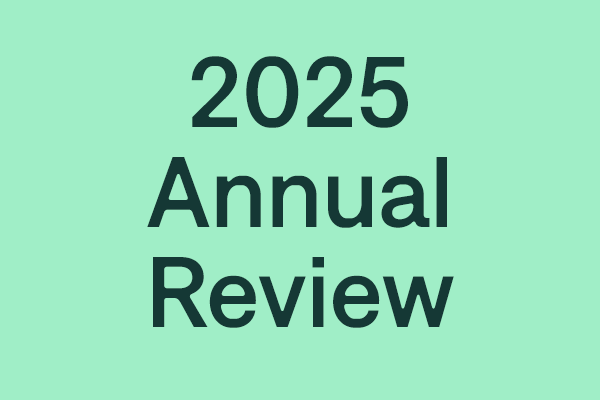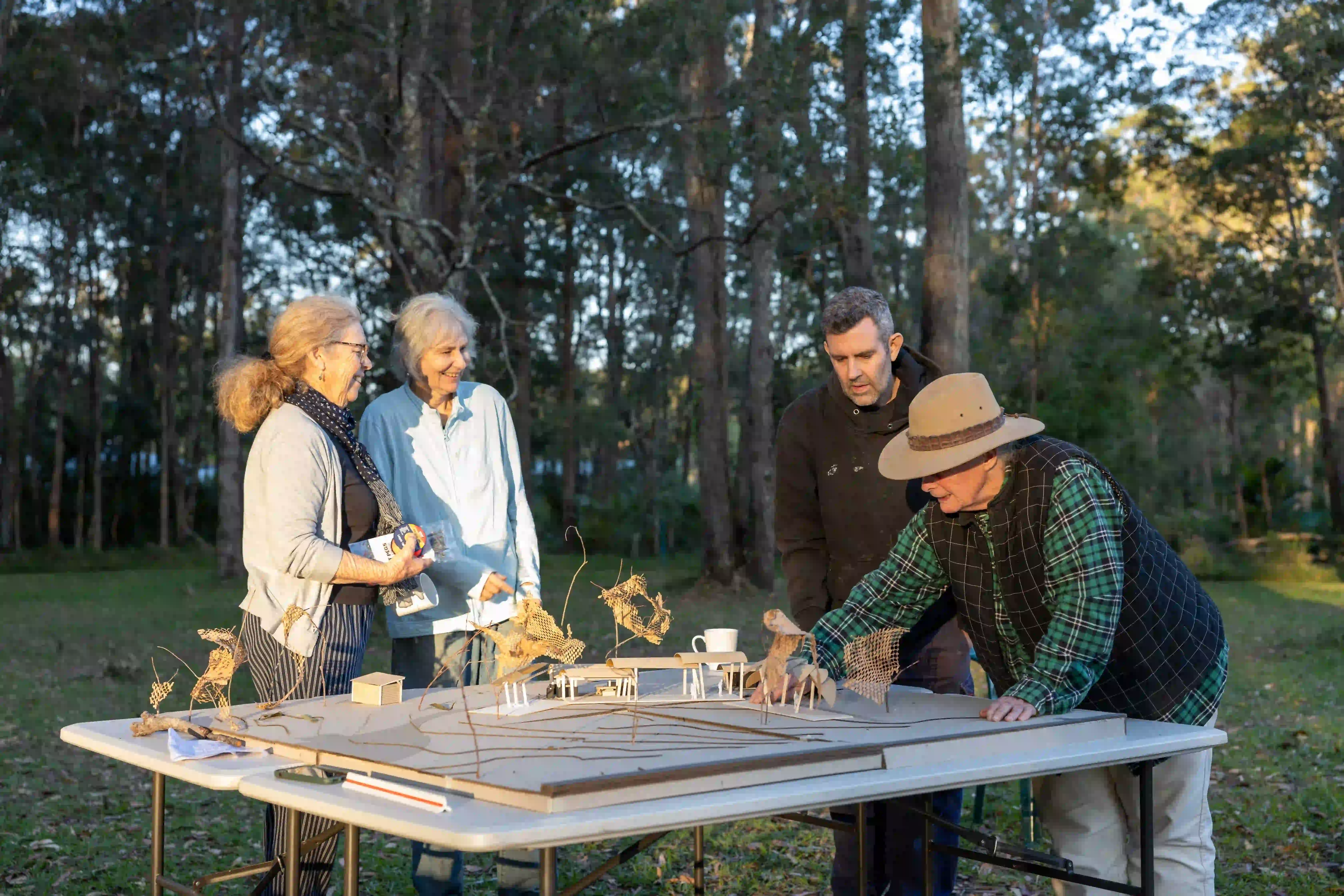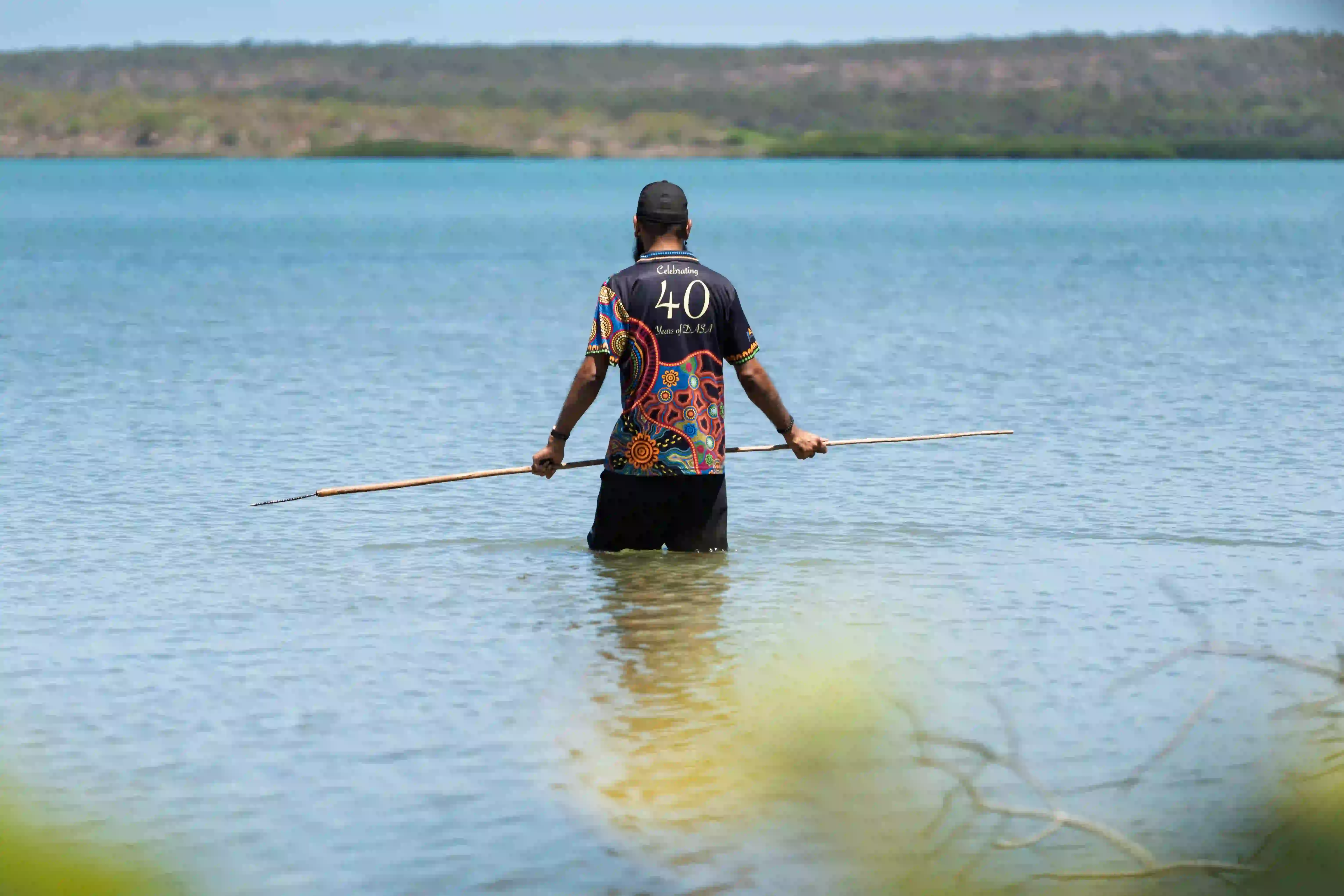The COVID-19 pandemic has had an unprecedented impact on the for-purpose sector in Australia. Business closures and physical distancing guidelines leading to cancellation of events have resulted in immediate financial and operational disruption to for-purpose organisations. Meanwhile, the need for services and support has increased across the sector.
Since COVID-19 began, the Paul Ramsay Foundation quickly moved to support our portfolio of approximately 80 for-purpose partners to manage the impact of COVID-19 in the short to medium term, with a particular focus on building resilience.
Our portfolio of partners includes:
- Small and large not-for-profits, social enterprises, intermediary organisations and universities
- Those working in education, employment, health, early childhood development and the criminal justice system
Our partners operate using a wide variety of revenue models, ranging from government funding to, in the case of social enterprises, revenue from providing goods and services.
Our Response
We recognised early on that we needed to provide support to our partners in a considered, agile and strategic way, supporting their short and long term viability.
To lead this work, the Board established a taskforce solely focused on supporting our partners. The Supporting our Partners Taskforce was led by Jo Taylor and Anandini Saththianathan and:
- Provided support to partners whose organisational and financial viability was impacted or accelerated by COVID-19
- Supported sector-wide interventions, collaborations and representations to government on policy to build greater long-term resilience in the sector; and
- Extracted data and insights to support PRF’s strategic and operational work with partners, as well as other stakeholders, to support coordinated resilience building.
The taskforce has been supported by a team and analysis from Social Ventures Australia, to enable us to respond rapidly to the needs of our partners with both breadth and depth.
Some Initial Observations
- Resilience is still a priority but our partners and indeed the sector is very much in survival and response mode.
- To date, those most affected have been social enterprises and smaller not-for-profits, particularly intermediaries and frontline services. In many cases this has impacted direct services for individuals and communities already facing significant disadvantage.
- It is clear that our support will have to balance immediate tactical assistance with more strategic, longer term support.
- Work that is deeply relational, for example, long term, place-based and advocacy efforts, have for some organisations significantly slowed down. One partner described it as “still moving but feels like stepping in chewing gum”, others described the difficulty of continuing “upstream work” while serving their constituencies and supporting their staff.
- While a number of organisations have seized openings or opportunities, the pandemic continues to reveal and exacerbate existing inequalities. In some cases, it has highlighted latent leadership in communities that is now leading responses especially in place-based work. Some organisations have benefitted from past investments into their own capability (strategy development, IT upgrades) which have enabled them to respond quickly.
The Road Ahead
Our partners and, indeed, the entire sector are aware of how much work there is ahead. For purpose organisations are thinking through what “the new normal” may look like and mean for their purpose, strategies and operations and for those disadvantaged populations they seek to serve.
Many of our partners in direct service, social enterprises and intermediaries have rapidly changed to safer forms of engagement and moved to compress costs and adjust models. Some have created new business streams or are responding to new needs.
The Foundation’s priorities for our partners and the broader sector is to explore and identify needs and opportunities for innovation to prepare our partners for the changed environment. We are doing this in areas like digital capability, new forms of service, new approaches to advocacy and shared back office functions.
We are increasingly concerned about the bandwidth that communities, institutions and individuals have to give to these significant change efforts. This is particularly acute when change is being driven from outside influences rather than led by community leaders.










